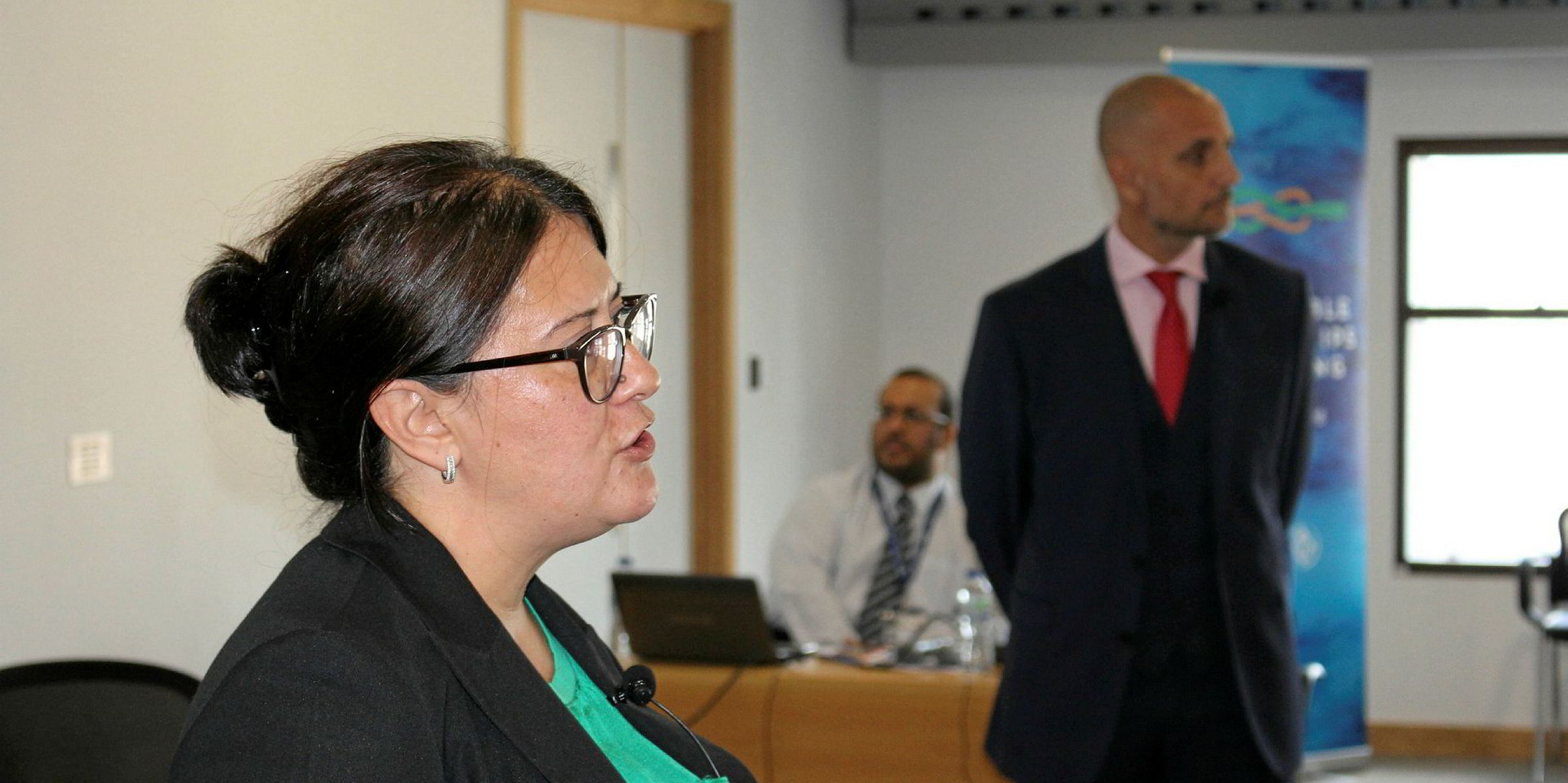Employers and union representatives have agreed one final 30-day extension to the employment of seafarers under shipping’s largest collective bargaining agreement
The deal announced by the International Transport Workers' Federation (ITF) and the Joint Negotiating Group, which represents employers, is aimed at giving governments time to allow crew to go home.
Stressful situation
The organisations warned that mental stress on seafarers working beyond their agreed terms, and lack of access to medical care, is now putting the commercial viability ship operations at risk.
The two organisations negotiate the terms of the International Bargaining Forum, collective bargaining agreement which covers the employment of more than one third of the shipping industry’s seafarers.
The International Marine Employers’ Council (IMEC) and the International Chamber of Shipping recently delivered a new set of industry protocols, designed to facilitate crew exchange. Crew changes have been made nearly impossible by restrictions to stop the spread of coronavirus. The protocols have been approved by the IMO.
In a joint statement, the ITF and the employers group said the final 30-day period is aimed at giving governments time to establish industry protocols and allow crews to be exchanged. The current extension runs out on 15 May.
The union and employers said the continued employment of seafarers beyond the collective bargaining agreement agreed terms is “detrimental to crew health.”
“Seafarers fatigue should not be underestimated and therefore the social partners agreed to not extend the contracts, but to support an implementation period of no longer than 30 days so that governments have time to implement the framework of protocols,” the ITF and Joint Negotiating Group said in the joint statement.
The two organisations have also asked employers to reward crew who work beyond their agreed contract terms, “if financially viable and possible,” without recommending an agreed sum.
They also encouraged employers to pay crew waiting to be dispatched to ships in advance and to give crew trapped on ships improved internet access.
The ITF and warned that if the protocols are not adopted in the next 30 days, “the consequence of stress related sickness affecting seafarers and their inability to consistently access medical support ashore may negatively impact on the commercial viability of ship operations”.
The final collective bargaining agreement between the ITF and Joint Negotiating Group was signed by the ITF’s Maritime Coordinator Jacqueline Smith and IMEC chief executive Francesco Gargiulo, who is also joint secretary of the the employers group.






